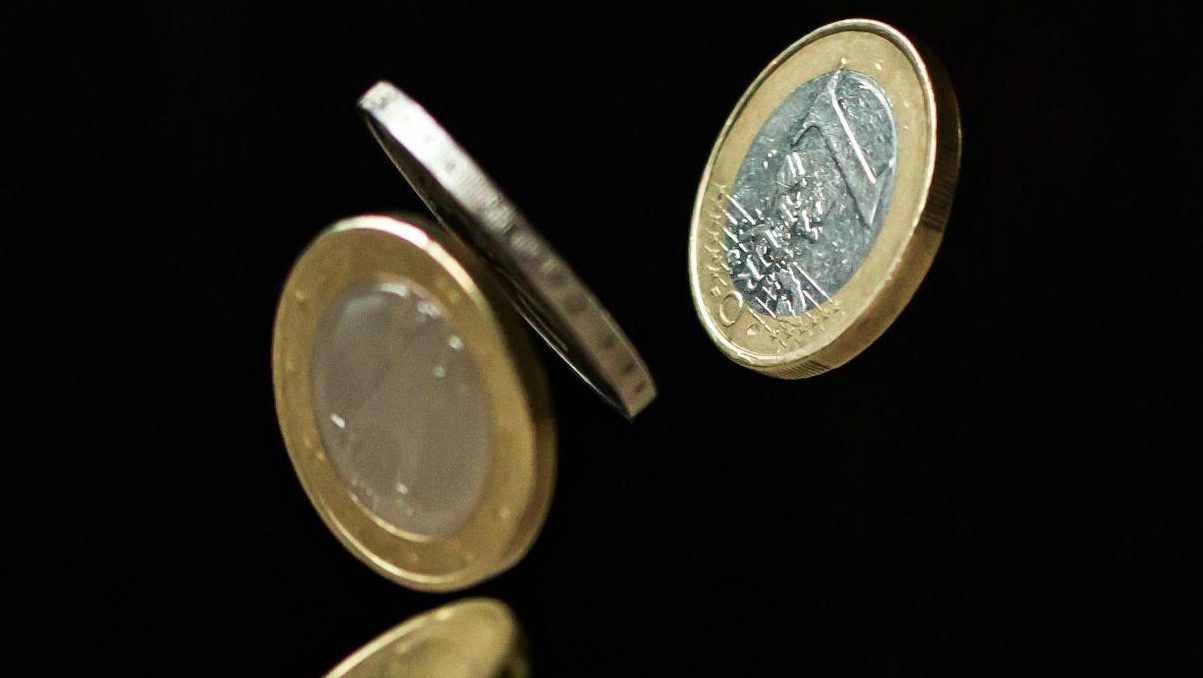The profit share of non-financial corporations in the European Union, an indicator of businesses’ profitability, decreased to 39.5 per cent as at the end of March – its lowest level in several years, since the height of the COVID-19 pandemic.
Profit share means businesses’ gross operating surplus as a share of their gross value added, showing the share of the value added created during the production process remunerating capital. It is the complement of the share of wage costs (plus other taxes less other subsidies on production) in value added.
This rate has been quite stable in the EU, fluctuating around 40 per cent in the period 2000 to 2020.

In the first quarter of 2024, the business profit share declined from 40.3 per cent to 39.5 per cent in the euro area, the lowest value since the second quarter of 2020.
The decrease of business profit share in the euro area is explained by the increase of business compensation of employees (wages and social contributions) plus taxes less subsidies on production by 1.4% per cent, at a faster rate than gross value added (+0.1 per cent).
No country-level data for Malta was available for the period under review, but the country has historically registered among the highest shares of business profits.
In 2022, it was one of only three member states in which the gross operating surplus of non-financial corporations represented more than half of the gross value added during the production process.
That year, the business profit share in Malta stood at 62 per cent, second only to Ireland where the share was 79.1 per cent – mainly due to large foreign-owned multinational companies that pay a relatively small proportion of their labour costs in Ireland.
Still looking at 2022, among the four largest EU economies, Italy (45.1 per cent) had the highest profit share for non-financial corporations in 2022, the only one above the EU average.
The profit shares of Spain (40.8 per cent), Germany (39.9 per cent) and France (31.7 per cent) were all relatively low. In fact, the profit share in France was the lowest share recorded among all EU Member States.
Coming back to the first quarter of 2024, the business investment rate increased in the euro area as business gross fixed capital formation increased by 1.3 per cent, at a faster rate than gross value added (+0.1 per cent).
Meanwhile, the household saving rate increased 15.3 per cent in the euro area, compared with 14.1 per cent in the fourth quarter of 2023. It represents the highest saving rate since 2021Q2.
These data come from a first release of seasonally adjusted quarterly European sector accounts from Eurostat, the statistical office of the European Union.
Two years since its birth, Moneybase features on Microsoft’s Customer Stories
Moneybase has now just been featured on Microsoft’s latest Customer Stories
Finance Minister confirms continuity of food and energy subsidies
Spending on food and energy subsidies as a percentage of the GDP will be at 0.7% in 2025
MHRA congratulates Glenn Micallef on EU role, highlights positive impact on Malta’s tourism and cultural sectors
The lobby group emphasised that Malta’s cultural assets and sports scene are key factors in attracting visitors and fostering economic ...






